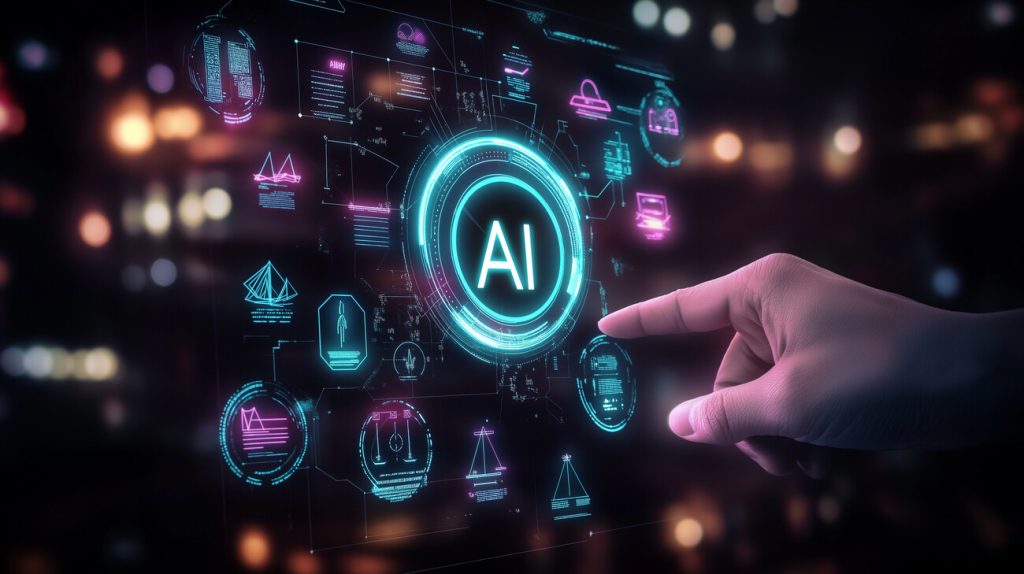In today’s legal landscape, complex litigation demands a sophisticated approach to jury selection. Gone are the days when demographics and basic questionnaires were sufficient to predict juror behavior. The intricacies of legal concepts, coupled with the high stakes involved, necessitate a deeper understanding of potential jurors and their biases. By understanding the nuances of human behavior and leveraging cutting-edge analytical tools, legal teams can gain a decisive advantage in the courtroom. Let’s go deeper into this topic in the next part of this article.
The Evolving Landscape of Jury Selection
Traditionally, jury selection relied heavily on demographic analysis and basic questionnaires. However, these methods often fail to uncover the deeply held biases and predispositions that can significantly influence juror decision-making. As Johann Wolfgang von Goethe, a renowned novelist, scientist and statesman, said: “It is not enough to know what people say. You must also know why they say it.” This underscores the limitations of traditional methods that merely scratch the surface of juror attitudes and beliefs.
The rise of data-driven approaches has revolutionized jury selection. Big data analysis, social media screening, and predictive modeling provide deeper insights into potential jurors’ attitudes, beliefs, and behaviors. These techniques leverage vast amounts of data to identify patterns and correlations that can help predict how jurors might react to specific arguments or evidence. For instance, social media analysis can reveal a potential juror’s online activity, interests, and affiliations, providing valuable insights into their worldview and potential biases. While these advancements offer invaluable opportunities, it is essential to address ethical considerations surrounding privacy and bias to ensure fairness and impartiality in the process.
Psychological Profiling and Jury Behavior
Understanding the psychological factors that influence juror behavior is crucial in complex litigation. Cognitive biases, such as confirmation bias (the tendency to favor information that confirms existing beliefs) and anchoring bias (over-reliance on the first piece of information received), can significantly impact how jurors perceive and interpret evidence. Jonathan Haidt, a renowned social psychologist, explains, “The human mind is a story processor, not a logic processor.” This highlights the importance of understanding how jurors construct narratives and make sense of complex information.
Personality assessments, like the Myers-Briggs Type Indicator, can help identify juror predispositions and communication styles. By understanding a juror’s personality type, legal teams can tailor their communication and arguments to resonate with individual jurors. Additionally, analyzing non-verbal cues, such as body language and micro-expressions, can provide valuable insights into jurors’ true feelings and reactions. These subtle cues can often reveal hidden biases or emotional responses that jurors may not express verbally.
You may also be interested in learning about choosing the right jury pool research partner. We recommend you read this article for more detailed information.
Leveraging Technology for Jury Insights
Technology plays a vital role in maximizing jury pool insights. Specialized jury consulting firms offer expertise in data analysis, mock trials, and jury research. These firms employ social scientists, psychologists, and statisticians who specialize in understanding juror behavior and can provide invaluable insights to legal teams. Online platforms provide tools for conducting surveys, social media analysis, and virtual mock trials. These platforms allow legal teams to test different arguments and approaches with mock juries, providing valuable feedback and helping refine their trial strategy.
Visual aids and simulations can help present complex information in an engaging and accessible manner, ensuring jurors fully comprehend the technical evidence. In complex litigation cases involving intricate technical details, visual aids and simulations can simplify complex concepts and make them easier for jurors to understand. This can be particularly helpful in cases involving patent disputes, product liability claims, or scientific evidence.
Case Studies: Success Stories and Lessons Learned
High-profile cases have demonstrated the impact of advanced jury selection techniques. For example, in the landmark case of Apple Inc. v. Samsung Electronics Co., Ltd., jury consultants played a crucial role in securing a favorable outcome for Apple. By carefully analyzing potential jurors’ attitudes towards technology and intellectual property, the legal team was able to identify and select jurors who were more likely to side with Apple. This case highlights the importance of understanding juror biases and tailoring the selection process to identify individuals who are receptive to the client’s arguments.
However, it’s important to acknowledge potential pitfalls and ethical dilemmas. In some instances, the use of social media screening has raised concerns about privacy and potential discrimination. Striking a balance between leveraging technology and upholding ethical standards is paramount. Legal teams must ensure that the use of advanced techniques does not violate juror privacy or lead to discriminatory practices.
The Future of Jury Selection
The future of jury selection promises even more advanced techniques. Artificial intelligence, machine learning, and neuroscience offer exciting possibilities for understanding juror behavior. These emerging technologies have the potential to revolutionize jury selection by providing even deeper insights into juror decision-making. For instance, AI algorithms can analyze vast amounts of data to identify patterns and predict juror behavior with increasing accuracy.
However, it is crucial to address the ethical implications of these technologies and ensure they are used responsibly and transparently. As with any technological advancement, it is essential to use these tools ethically and responsibly to avoid potential biases and ensure fairness in the legal process.
Discover How Online Communities Shape Juror Perspectives.
Remember This
Maximizing jury pool insights is no longer a matter of guesswork. By embracing data-driven approaches, psychological profiling, and cutting-edge technology, legal professionals can gain a comprehensive understanding of potential jurors and their biases. This knowledge empowers legal teams to make informed decisions during jury selection, increasing their chances of securing a favorable outcome.
To navigate the complexities of jury selection in complex litigation, consider partnering with an experienced jury consulting firm like InQuest. Our team of experts can provide the insights and guidance you need to achieve your goals. Contact InQuest today to learn more about our services and how we can help you maximize your chances of success.

